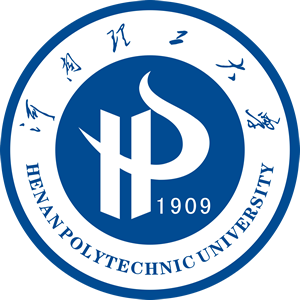
地址: 河南省焦作市高新区世纪路2001号[454000] Tel: 0391-3987069 E-mail: zkxb@hpu.edu.cn,skxb@hpu.edu.cn |

请您访问
|

社会科学版
|
| 供稿: 衡芳珍 | 时间: 2018-12-20 | 次数: |
作者:衡芳珍
作者单位:四川大学历史文化学院
摘要:国民党南方政权时期,为了动员工人参加革命,废除了北京国民政府限制劳工权利的法律,颁布了新的工会条例。南京国民政府成立后,提倡劳资协调,并在训练民众和整理工会的目的下,制订并实施了《工会法》;该法虽然肯定了工人组织工会的权利及工会的团体契约权和同盟罢工权,但也表现了南京国民政府有控制工会和工人运动的倾向。研究发现,国民党安插在工会内部的力量很小,不足以影响工会运动的发展。另外,《工会法》在一定程度上也得到了遵行。
DOI:10.16698/j.hpu(social.sciences).1673-9779.2012.03.008
分类号:D929;D922.5;K258
Abstract:During Kuomintang's southern regime, the labor union's regulation was issued to mobilize labors for revolution and abolish Beijing Government's harsh restriction with labor's rights.Shortly after its founding, the National Government laid down and implemented The Labor Union Law to ensure the harmonious relationship between labors and capitalists, which not only affirmed labors' right of organizing the labor union, contracting and going on strike, but also displayed the tendency of controlling the labor's union and labors' movement.The Labor Union Law was carried out in some aspects, but Kuomintang's strength in labor union was very small.